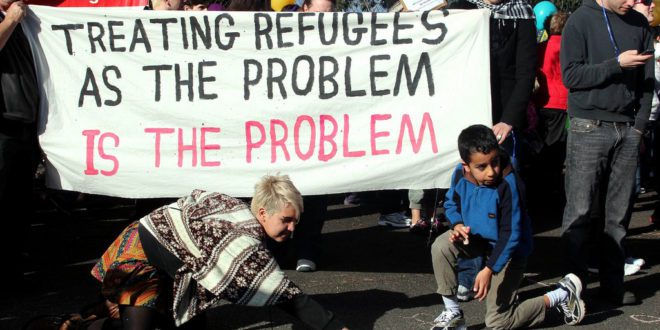Last February, the “anti-immigration” bill was first introduced in Hungary. The law requires organizations that support migration to pay tax on foreign donations or assets.
Just recently, on May 29, the Government of Hungary announced its intention to add further restrictions to the bill. The proposed law criminalizes the effort of organizations providing essential services to refugees and asylum-seekers.
The bill presented to the parliament proposes amendment of nine existing laws associated with asylum, the national border, and the police. The proposed legislation creates a criminal offense in the criminal code of “enabling illegal immigration.”
It criminalizes the act of helping asylum-seeker who are not “not eligible for protection,” and the acts of border monitoring, producing and disseminating information, or “network building.” Anyone guilty of the act would be sentenced up to a year in prison.
As a response to the recently proposed bill, the UN Refugee Agency (UNHCR) urges the Government of Hungary to withdraw the proposals, concerned that it would deprive refugees of critical aids and services, and further worsen public discourse and xenophobic attitudes.
“Seeking asylum is a fundamental human right, it is not a crime,” said Pascale Moreau, Director of UNHCR’s Europe Bureau. The UNCHR is concerned that the Hungarian Government is targeting humanitarian groups that provide services to those who are seeking asylum, preventing victims of human rights violations from being able to find help and document the abuses they experienced.
Further, the government imposes an urge to halt any measures that would also increase the vulnerability of these people. While the rationale of the proposed set of laws is necessary to fight illegal immigration, it punishes activities that are significant.
Hungary’s current laws on migration and asylum already breach European Union law and international refugee and human rights law. The country has already closed its borders to people seeking for international protection since January. With only a population under ten million, Hungary granted refugee status to just 1,216 people.

